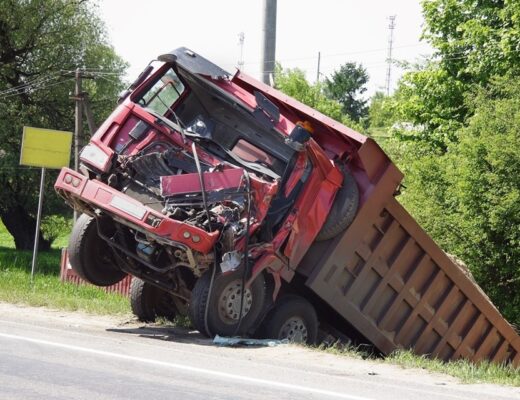Crane failures on the high seas inflict life-changing injuries, yet opaque maritime laws overwhelm unassisted victims denied familiar land-based protections.
This is where crane maritime accident lawyers prove indispensable – championing cases using tailored admiralty statutes seeking just compensation. Their mastery of legal intricacies builds watertight arguments evidencing negligence while easing client confusion.
Retaining crane maritime accident lawyers after incidents should be non-negotiable for maritime crews. Veterans of admiralty disputes optimize outcomes by balancing seamen rights with injury realities. They stand beside devastated clients, navigating procedural intricacies toward maximum settlements. Injured parties need specialized legal allies at the helm when disasters strike on stormy seas to secure justice.
The Unique Nature Of Maritime Law
Maritime law, also known as admiralty law, governs incidents and injuries that occur on navigable waters. It differs significantly from the laws that apply to land-based accidents, offering unique protections and compensation mechanisms for maritime workers. For victims of crane maritime accidents, this specialized legal framework means that pursuing justice requires understanding specific maritime statutes and conventions.
Rights Under The Jones Act
One of the key pieces of legislation in maritime law is the Jones Act. This act allows seamen injured during their employment to seek compensation from their employers for negligence. If a crane accident occurs due to improper maintenance, inadequate training, or other negligent acts, the injured party may have a claim under the Jones Act. This law emphasizes the employer’s duty to provide a safe working environment, even on the high seas.
Maintenance & Cure
Beyond the Jones Act, maritime law entitles injured seamen to maintenance and cure benefits. “Maintenance” covers the daily living expenses of the injured worker during recovery, while “cure” refers to medical treatment costs. These benefits are provided regardless of fault and continue until the seaman reaches maximum medical improvement. In the aftermath of a crane accident, these provisions ensure that victims receive immediate financial and medical support.
Unseaworthiness Claims
Victims may also explore claims of unseaworthiness. This legal concept holds vessel owners accountable for accidents because the vessel or its equipment, including cranes, was not fit for its intended use. An unseaworthiness claim does not require proving negligence; instead, it focuses on the condition of the vessel and its equipment at the time of the accident.
Wrongful Death & Survival Actions
In tragic cases where crane accidents result in fatalities, the families of the deceased may pursue wrongful death and survival actions under maritime law. These legal avenues compensate for the loss of financial support, companionship, and funeral expenses. The specifics of these claims can vary, highlighting the need for skilled legal representation to navigate these complex proceedings.
Seeking Legal Expertise
The path to justice and compensation after a crane maritime accident is fraught with legal complexities. Victims and their families benefit greatly from the guidance of attorneys specializing in maritime law. These legal professionals can assess the merits of a case, identify the most appropriate claims, and advocate for the rights of those affected by such accidents.
Conclusion
Successfully navigating maritime legal intricacies requires more than hopes alone when inexperience leaves victims foundering. By retaining crane maritime accident lawyers, confused clients gain indispensable partners guiding cases through tumultuous procedural channels toward meaningful resolution. Their mastery of admiralty complexities builds watertight arguments tying defendant negligence to life-changing injuries.








No Comments